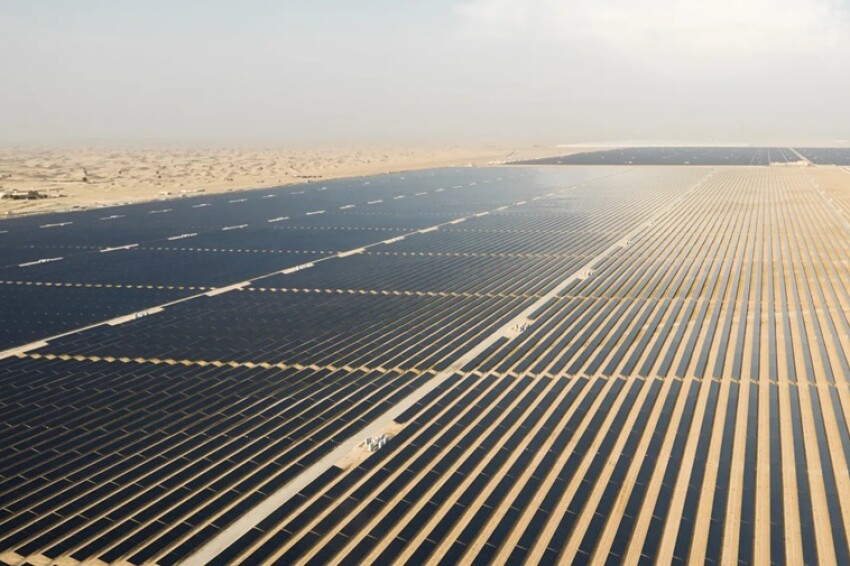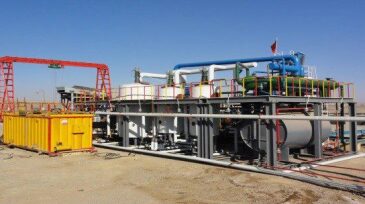Sustainability
The report says the capacity of renewables in the region is set to grow tenfold by 2040 as electricity demand and new sectors drive rapid solar and wind expansion.
This study identifies critical knowledge gaps in wellbore integrity and underscores areas that require further investigation, providing insights into how wellbores must evolve to meet the technical demands of the energy transition.
This study illustrates the new capabilities, tailored for carbon-dioxide storage applications, of a modeling framework that provides a quantitative, risk-based assessment of the long-term integrity of legacy plugged and abandoned wells.
-
By examining two very different security-risk environments, this paper will illustrate how easily security-related human-rights risks can go unnoticed unless care is taken early in the risk-management process.
-
Pascual Berrone has spent the last 10 years studying the phenomenon of greenwashing—appearing to limit environmental impact without actually doing so—and determines that it causes more harm than good in terms of companies’ standing and their market value.
-
The Annual Technical Conference and Exhibition in Dallas will wrap up by welcoming in the 2019 SPE President.
-
Hess has earned a place on the Dow Jones Sustainability Index North America for the ninth consecutive year. The index recognizes public companies for outstanding performance across economic, environmental, and social factors.
-
Given companies’ track record in achieving great things, the question is not whether companies can be a force for good. The question is, why don’t all executives lead their companies to be a force for good?
-
With the use of many advanced technologies, the Keshen gas field in western China was developed efficiently with no injuries and no pollution to the environment. It also significantly boosted local community development.
-
Three companies are collaborating to develop the equipment needed to make LNG a feasible alternative fuel for ship owners and operators.
-
Collaboration is critical to achieving recognition of the scope and value of carbon capture and storage and achieving acceptance for specific projects.
-
The Central Finance Board of the Methodist Church is developing a system for analyzing company ethics, and top mining and oil companies will be graded by the end of 2018.
-
Chemical demand is essential to long-term oil demand growth. However, the focus to tackle plastics waste by reducing and recycling is raising concerns on future chemical demand growth.













